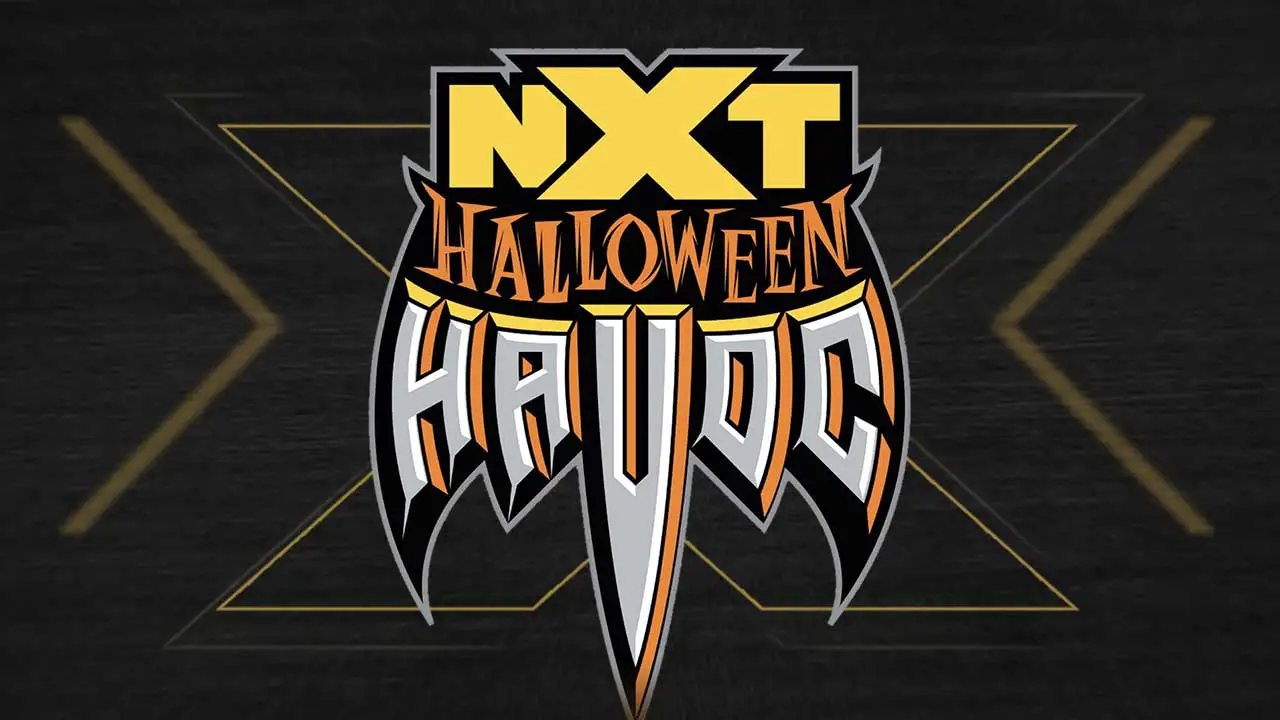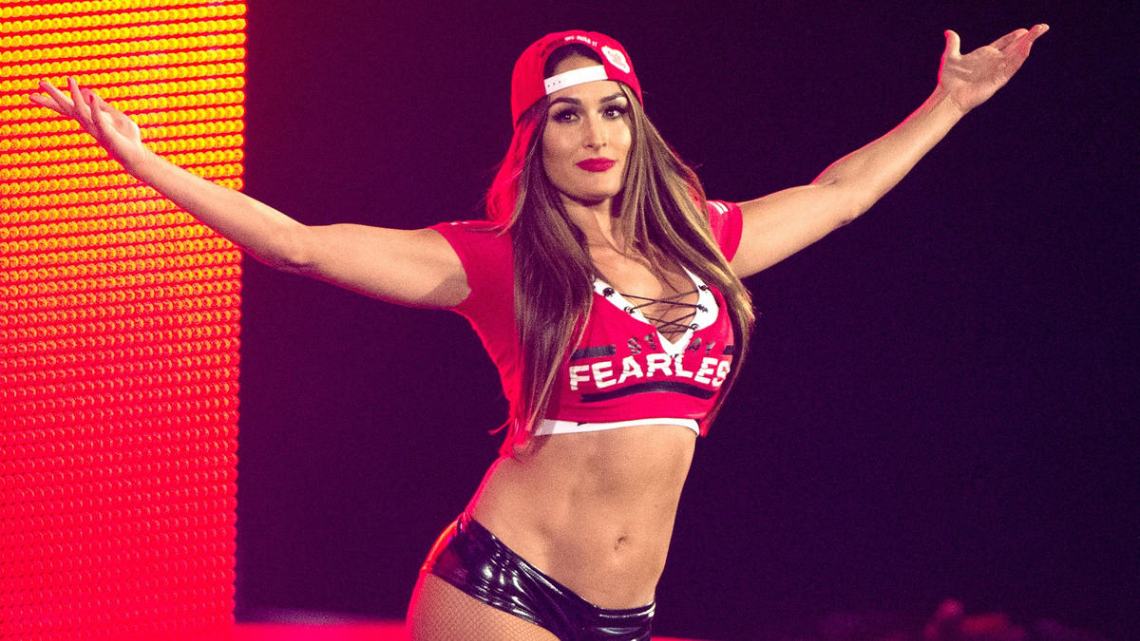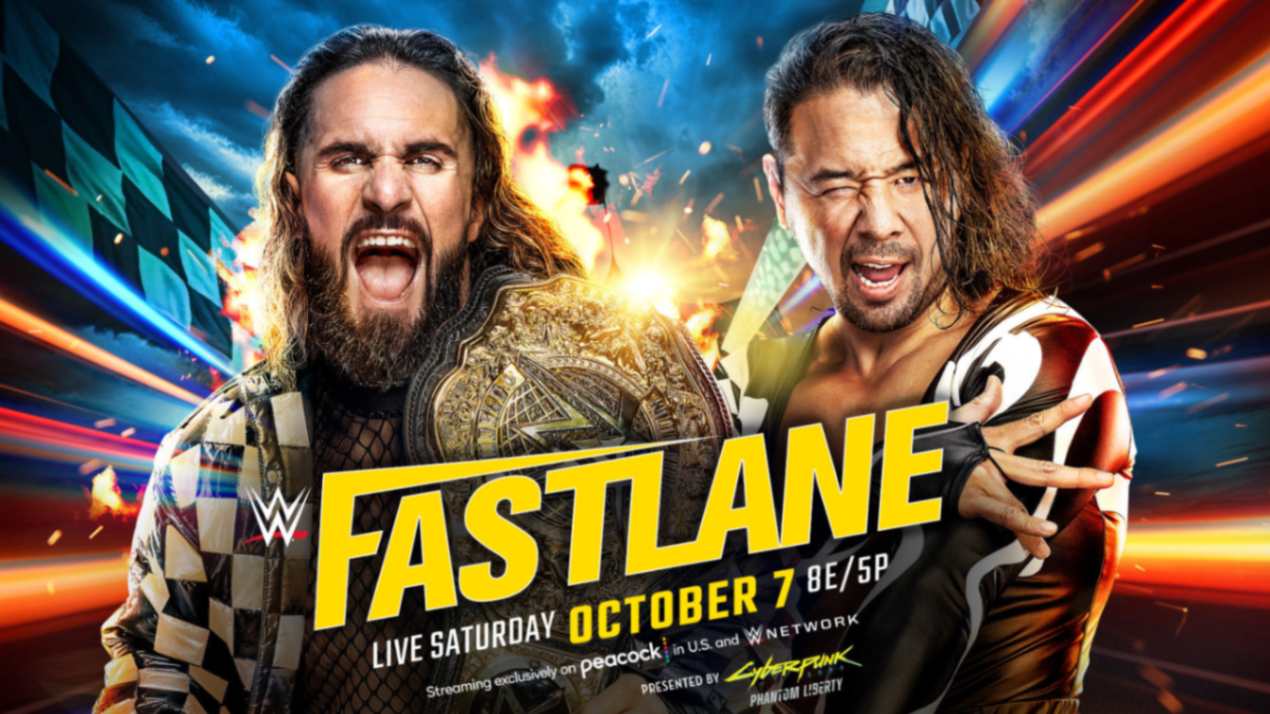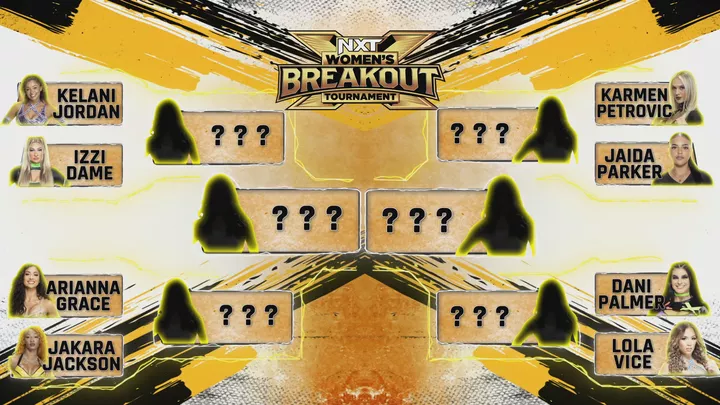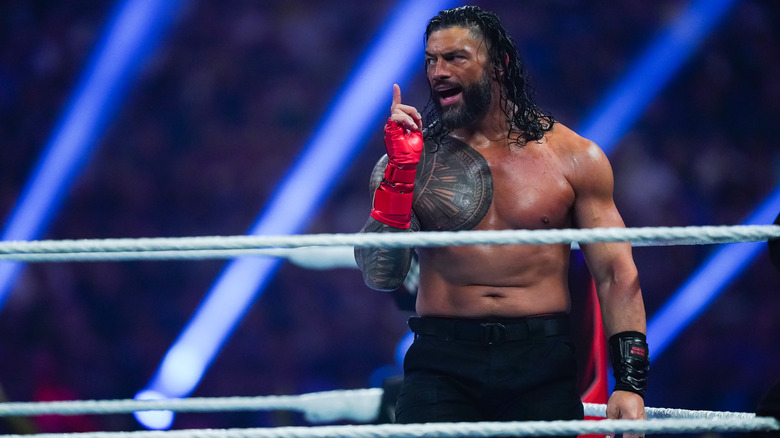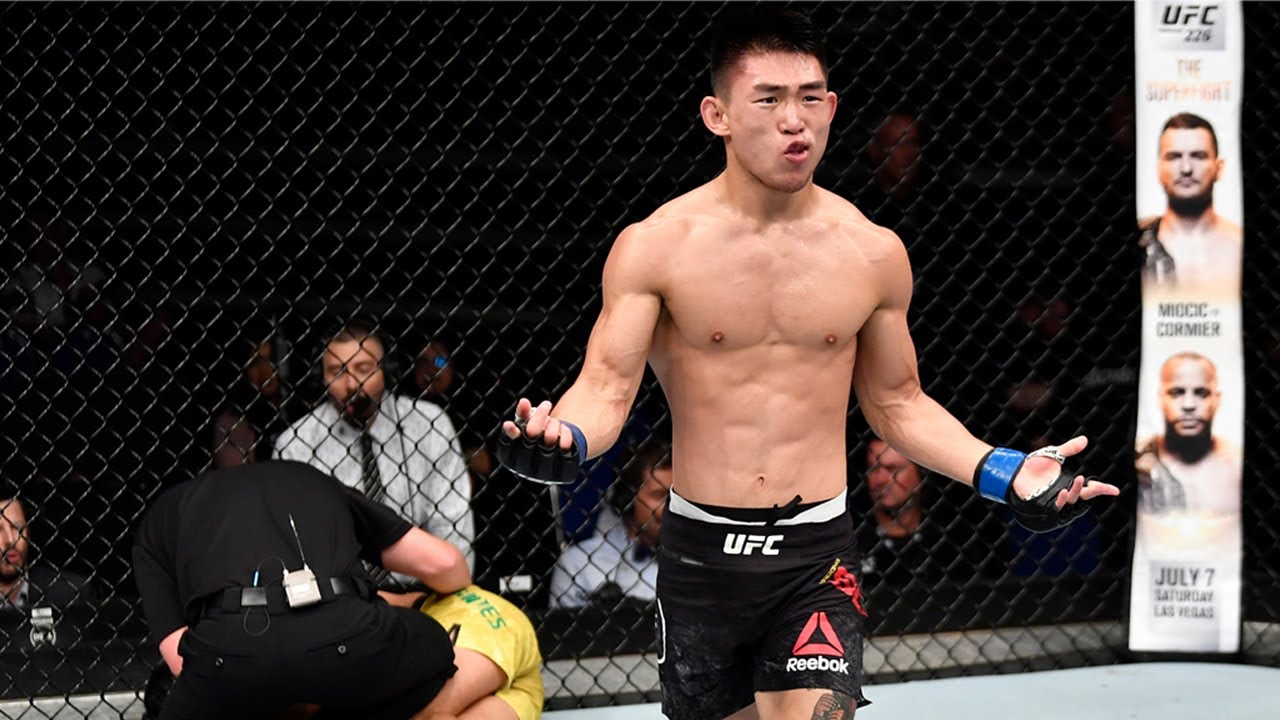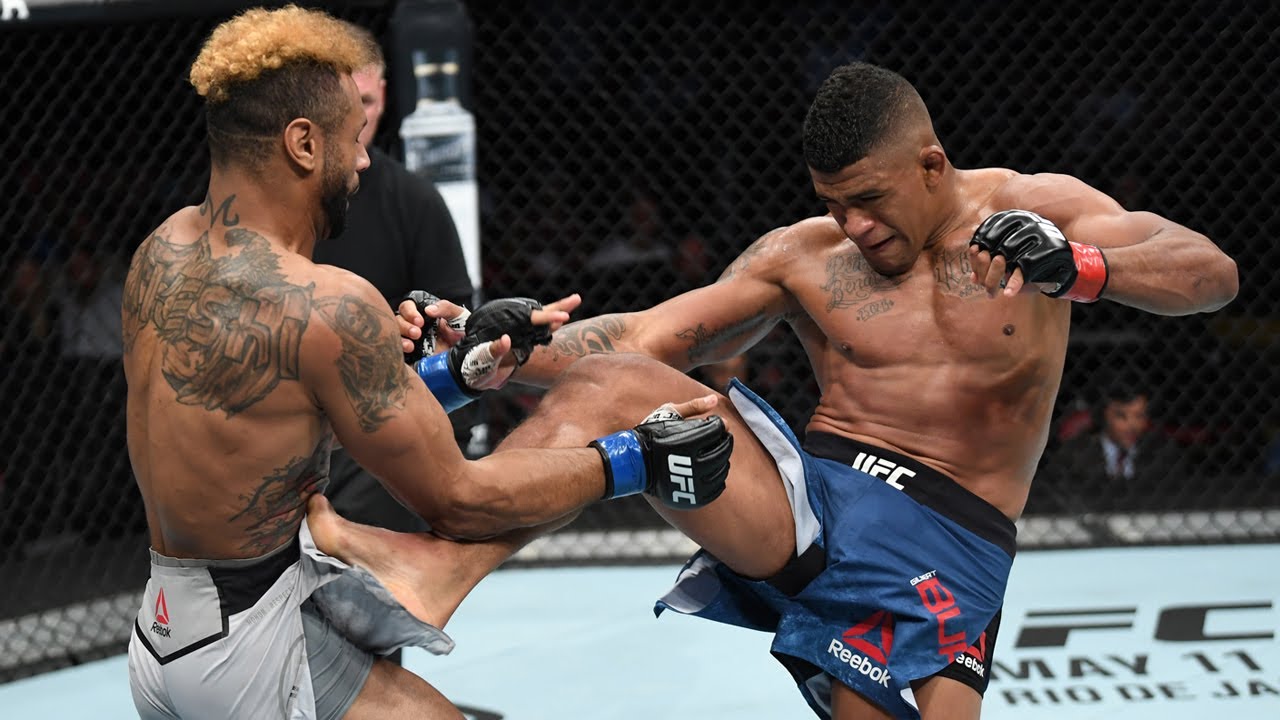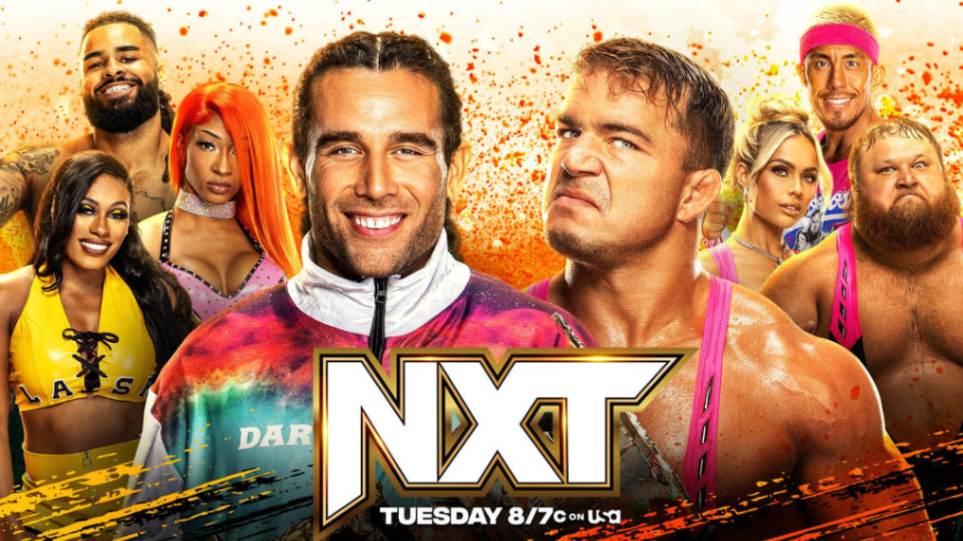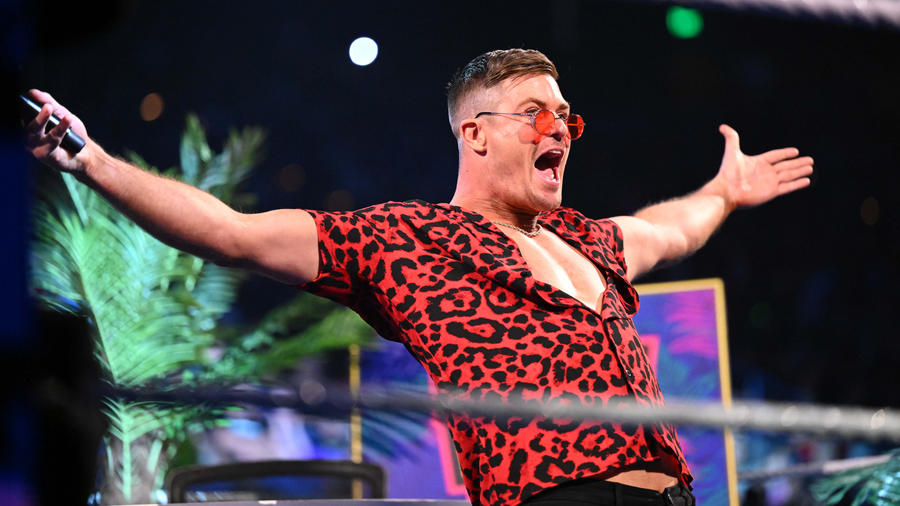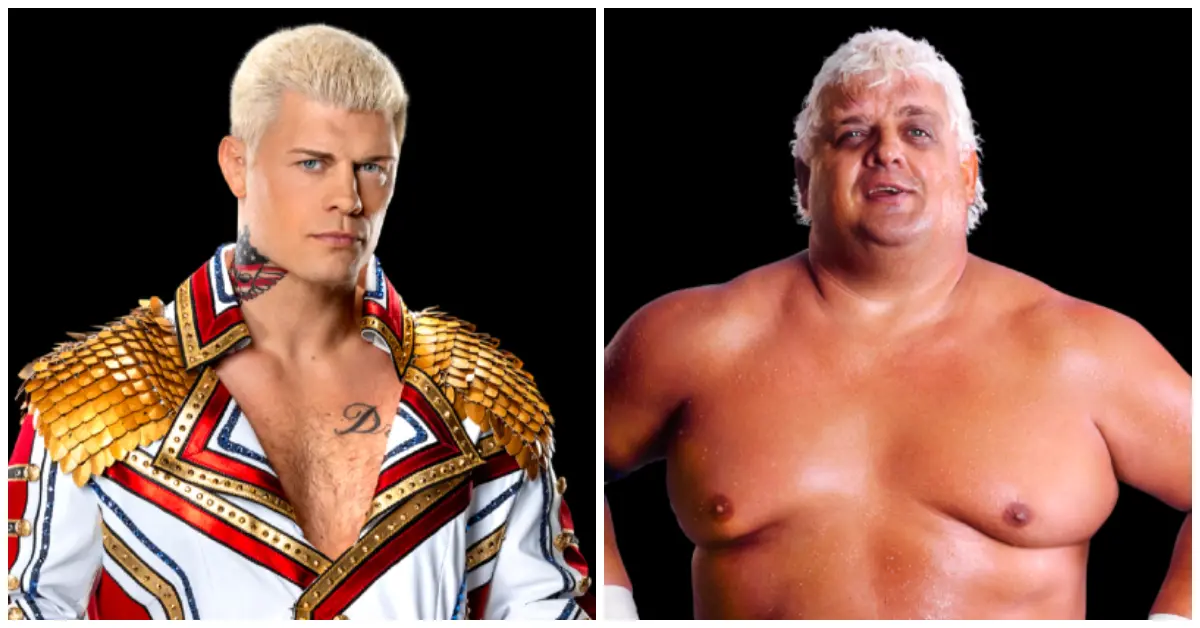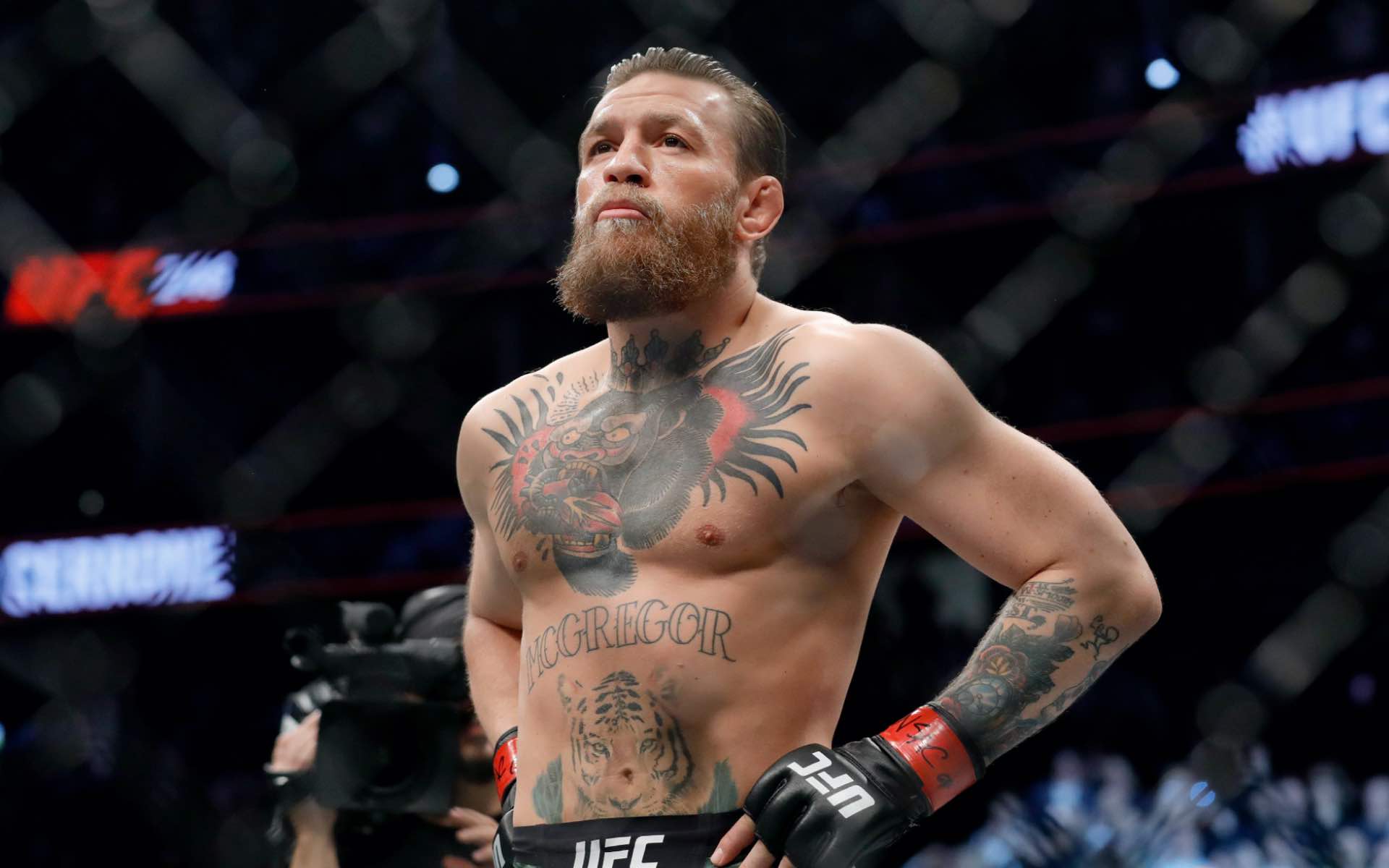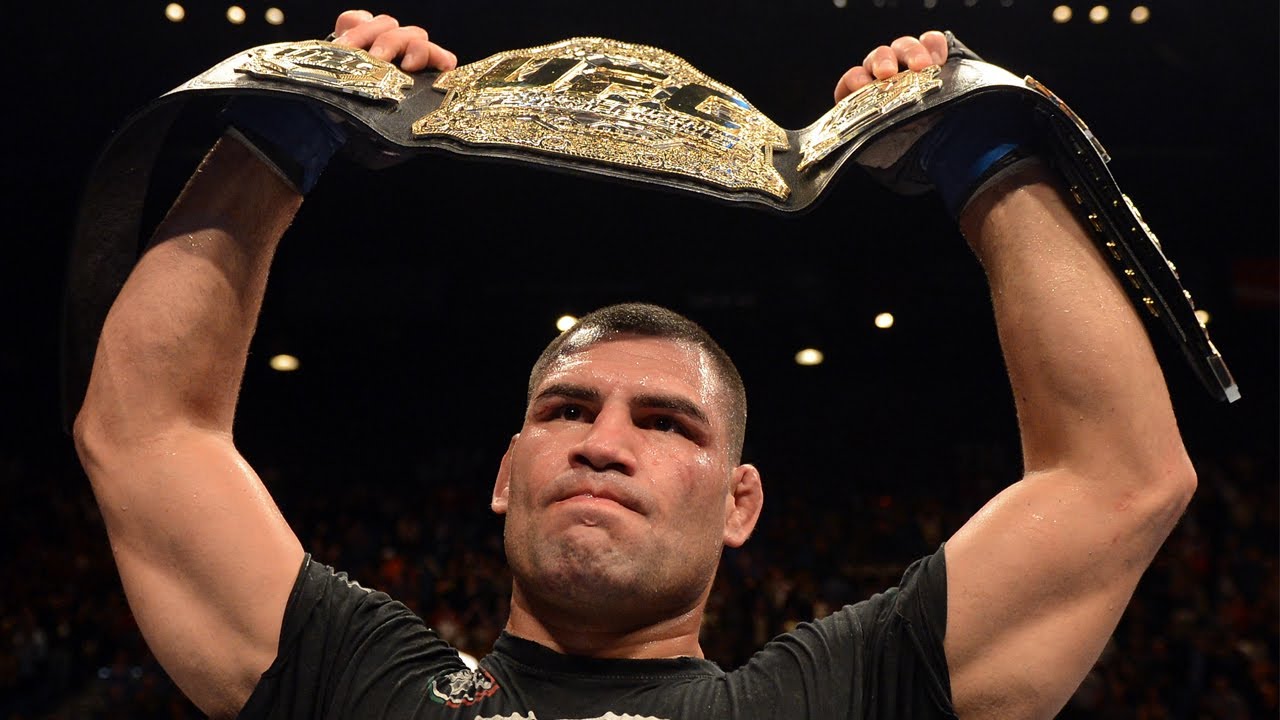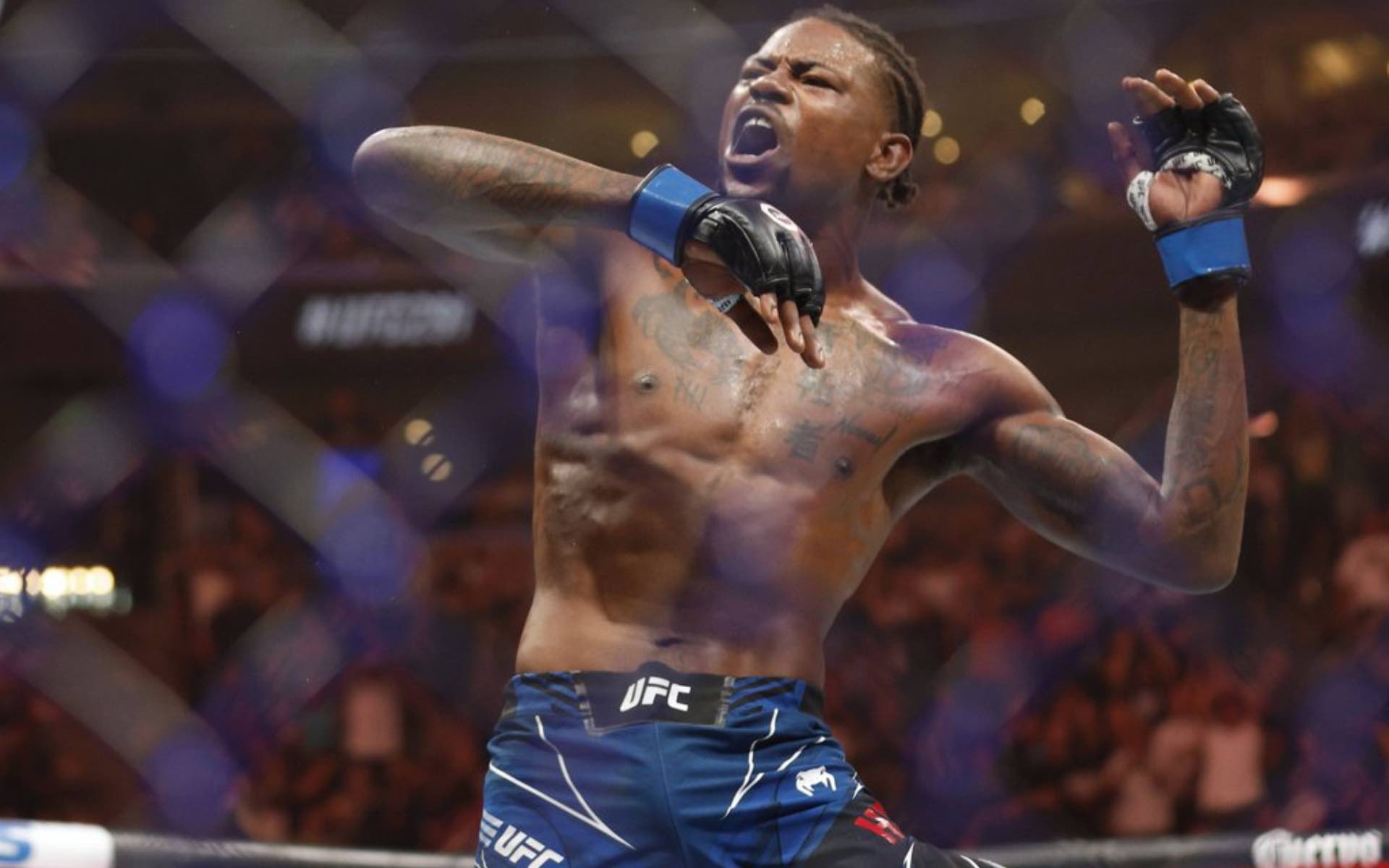Breaking Boundaries: Why MotoGP Should Always Be for the Best, Not the Nationalists
For many years, MotoGP has been the pinnacle in motor biking, where the best riders from all over the world compete for the glory arousing around the globe. This sport has evolved over the years at a place where cultures, talents, and technologies combine to draw competitors and fans from every part of the globe. With MotoGP looming large in its growth and development phases, the biking fraternity is also debating hotly the role of nationalism within the sport. This leads to a very fundamental question: should MotoGP be about national representation or be a platform strictly reserved for only the best riders to compete, irrespective of their nationality?
The following paper will explain why MotoGP should always be about the best riders and never about the nationals. We look back at the history of the sport, the role of nationalism in MotoGP, and how setting talent before national representation is crucial for the future integrity, competitiveness, and popularity of the sport on a worldwide basis.
The Global Nature of MotoGP: A Short History
MotoGP originated at the start of the 20th century and was developed from local motorcycle races into an internationally recognized championship. Since its inception, riders of all types have been attracted to the sport, each bringing their specialty and perspective to the track.
- Origins and Early Competitions
MotoGP’s history started back in the early 1900s, but the first official World Championship was created by Fédération Internationale de Motocyclisme, or FIM, in 1949. It was supposed to unite all the best riders around the world under one championship and was held on a series of races across different countries.
Diverse competitors: From the very early days, MotoGP attracted riders from various countries, including Italy, the UK, Spain, and France. That was one important ingredient that made the sport so fascinating: it framed all sorts of riding styles and techniques and innovations coming from all over the world.
International Arenas: Races involving the World Championship were also organized across various countries so that more international flavor could be given to the sport. Such global concept helped in assembling an extensive range of talents and also opened up an avenue for MotoGP to attract audiences from several regions.
- Emergence of Global Superstar
As MotoGP became increasingly popular, it began to create a crop of global superstars. Riders such as Giacomo Agostini, Mick Doohan, Valentino Rossi, and Marc Márquez went well beyond their national identities and into the realm of pure motorcycle iconography. Their success was not determined by their nationality but rather by quite simply being the best of the best — leaders in skill, dedication, and ability to push the limits of what was possible on two wheels.
Talent before nationality: These riders epitomized MotoGP’s ideal of meritocracy, where the cream rises to the top irrespective of nationality. Success stories of these riders sent inspiring messages to scores of aspiring riders around the world to take up professional careers in MotoGP and further enhance the global growth of the sport.
Cultural and innovative exchange: The presence of riders from different countries created a way for cultural exchange and innovation within the sport. Teams and manufacturers learned from the approaches taken up by others to further advance motorcycle technologies, training methods, and race strategies.
Nationalism in MotoGP: A Double-Edged Sword
Nationalism — or the purpose of very well advancing and favoring one’s nation over all others — has always been present in sports. It is considered that in MotoGP, it might serve as a strong motivational factor both for riders and spectators. If it takes extreme dimensions, nationalism is noxious to basic principles of sports such as fairness, competition, and inclusivity.
- National Pride and Fan Support
One can never deny the part of national pride in MotoGP. Fans often support the riders who belong to their nation because it develops in them a sense of community and loyalty. Media coverage and sponsorships are also driven by national pride, hence boosting the sport’s profile in certain regions.
Heroes at Home: Riders like Italy’s Valentino Rossi, Spain’s Jorge Lorenzo, and Australia’s Casey Stoner have had huge success in their own countries. The success of the riders did not only further their careers but helped MotoGP establish a foothold in those markets.
Another side of nationalism is that it can have positive economic benefits on the sport. Events in countries where there is a strong presence of local riders usually record higher attendance numbers and higher sales in merchandise, not forgetting increased interest from local sponsors to support races. This again helps in the growth of MotoGP in total.
- The Dangers of Prioritizing Nationalism Over Talent
While national pride can add to certain aspects of excitement to MotoGP, the idea of nationalism over talent is not positive in its results. This is because when decisions on rider selection, team composition, or even venue selection for races are based more on national interests rather than on merit, it compromises integrity from a sporting perspective.
Talent Exclusion: Making national representation prevalent in MotoGP might restrict some highly talented riders from getting opportunities, as they are not backed with any potential national program or fan-based support. That would affect the sport adversely, as it’s considered the highest level of motorcycle racing, where only the very best talent should compete.
Diluting competition: Stressing nationalism more often than not has the effect of diluting the level of competition in MotoGP. If teams or organizers fussed over riders from some countries for reasons of politics or commerce, then lessening competition could be assured, taking away from the sport the excitement and unpredictability that make MotoGP so appealing.
A more nuanced view of MotoGP’s appeal is that it is, if anything, meritocratic, in nature — the ultimate end success is determined well and truly by skill, strategy, and determination. Nationalism would undermine that, to a degree that threatens to alienate those who have faith in the competitive integrity of the sport.
Why MotoGP Must Always Be for the Best
If MotoGP is to retain its status as the pinnacle of motorcycle racing around the world, it needs to be focused on keeping the very best competitors, no matter their nationality. Here are some of the most important reasons why MotoGP must always be about the best, not the nationalists:
- Safeguarding the Integrity of the Sport
Integrity in MotoGP rests on the fact that only the best riders, teams, and manufacturers will go into the top category. This integrity is a necessary ingredient for reputation in the sport; it is for this reason that fans, sponsors, and broadcasters alike would continue supporting it.
Fair Competition: The MotoGP emphasis on talent over nationality provides every rider and every team with an equal opportunity to make their mark. In this respect, it is on an even playing field: the results depend on skill, strategy, and hard work rather than on any other external influence, such as national favoritism.
International Appeal: The international appeal of MotoGP is deeply rooted in its diversity and inclusivity. The reason many different cultures love this sport is because it delivers the best that every talent, coming from various parts of the world, has to offer. Playing to nationalism could adversely narrow this appeal and consolidate barriers to growth in the latest markets.
- Fostering Innovation and Excellence
Wherever talent is concerned, MotoGP is an atmosphere of ingenuity and perfection. Every rider, every team, and each manufacturer strives and pushes the envelope to achieve what was once thought impossible, thereby driving improvements in motorcycle technology, racing strategy, and rider training.
Continuous Improvement: Continuous improvement is a merit-based system. It is necessary for the riders to work out their skills every time, and teams and manufacturers are forced to innovate in order to keep their competitiveness and respond to new situations, challenges, and problems. And this is just the very thing that makes MotoGP so fascinating and dynamic.
Inspiration to Future Generations: If the finest bikers compete, they themselves act as role models for future talent. Any aspiring biker from anywhere in the world may look up to MotoGP as the highest achievement, with the assurance that if they have the skill and will, they will get their chance, regardless of nationality.
- Building a Truly Global Sport
One of the biggest strengths of MotoGP is that it is an authentic global sport. Talent trumps nationalism in MotoGP, and talent will be its major driver for growth, new sponsors, and new regions.
Inclusion and Diversity: Highlighting talent creates a platform that is inclusive and diverse. The riders are then able to compete on equal ground regardless of their background. Such diversity makes the sport exciting and relevant to an array of audiences who watch MotoGP.
Entering New Markets: With the expansion MotoGP is undergoing, entering new territories around the world makes it of prime importance that this sport stays open to new talent from these emerging regions. In that way, MotoGP can look forward with confidence to developing new stars, thus building a very solid presence around the world.
The Future of MotoGP: Finding the Right Balance
As MotoGP looks towards the year ahead, the right balance has to be made between embracing national pride and maintaining a focus on talent. While national pride will always be part of the sport, it mustn’t override competition, fairness, and excellence.
- Encouragement of National Programs without Loss of Meritocracy
It must be a national program that allows the promotion of young riders to grow the sport, but should not lead to favoritism or deny deserving talent from other regions.
Nurture Emerging Talent: MotoGP can continue support for national programs that help nurture coming talent, in which selections for the World Championship would be merit-based. This way, new stars are being developed while quality in competition is preserved.
Sometimes, there does need to be some form of representation within MotoGP from various countries, but again, that should come organically with reflecting the available talent to appeal, not to a quota. If MotoGP bears in mind a merit-based system, only the best riders from each respected country would have the opportunity to take part.
- Unity through Diversity
This, therefore, means MotoGP has the special capability to unite people of all walks of life through a common interest in motorcycle racing. Only by celebrating diversities and keeping the focus on talent will MotoGP be able to maintain its place as one of the very few sports that can cross borders and unite different types of people in every corner of the world.
Diversifying Stories: The diversity in stories and backgrounds of riders should be brought to light to really show the global scope of the sport. It will culminate in providing more depth to the general narrative of the sport and building a closer relationship with the fan base across regions.
Cross-Cultural Collaboration: MotoGP teams and manufacturers will be able to keep promoting cross-cultural collaboration — learning from the experiences and innovations of all parties. This approach grants room for a spirit of unity and mutual respect, which helps all of motorsports.
Conclusion: Best for MotoGP
MotoGP has always been, and must still be, a sport that comprises only the best bikers performing at the highest levels. Even as national pride and representation always take center-stage in this sport, they should at no point be allowed to override the core principles of meritocracy, fairness, and excellence. By focusing on the talent and not nationalism, MotoGP is well-placed to continue on its path of growth as one truly global sport, celebrating diversity, fostering innovation, and inspiring future generations.
This approach ensures that the sport remains exciting, competitive, and inclusive, thus drawing fans from all over the world who are united by their love for Motorcycle racing. Ultimately, MotoGP is best left to the best: the best riders, the very best teams, and the best fans. That makes it what it is: the pinnacle of motorcycle racing.



